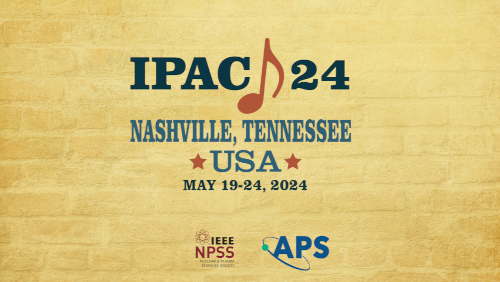Speaker
Description
The Targeted Alpha Tumor Therapy and Other Oncological Solutions (TATTOOS) project at the Paul Scherrer Institute aims to produce large quantities of radioisotopes (in the range of GBq), mainly Terbium-149, for the promising Targeted Alpha-particle Therapy (TAT) against metastasized cancer. To facilitate this, a new electromagnetic separator is currently being designed. Comprising two spectrometer magnets, the design of the separator is crucial, with magnetic properties and fringe fields strongly influencing beam characteristics and purity of the collected radioisotopes. The first of these magnets is exposed to high radiation and has strong requirements on surrounding shielding materials. The required steel for effective fast-neutron shielding introduces distortions to the field in the spectrometers. In this paper, we explore techniques to mitigate the sensitivity of the magnet to nearby shielding materials. The investigation begins with simulating a dipole magnet, assessing produced fringe fields, and understanding the influence of surrounding steel walls. Various methods, including Rogowski-profile ends, mirror plates, field clamps, and end shunts, are investigated to correct the aberrations in the generated field. The evaluation of produced field maps is quantified using harmonics, and the potential for tuning fringe fields with a sequence of end shunts is explored. Ultimately, the paper identifies the most suitable method for implementation in the TATTOOS project.
| Region represented | Europe |
|---|---|
| Paper preparation format | LaTeX |

